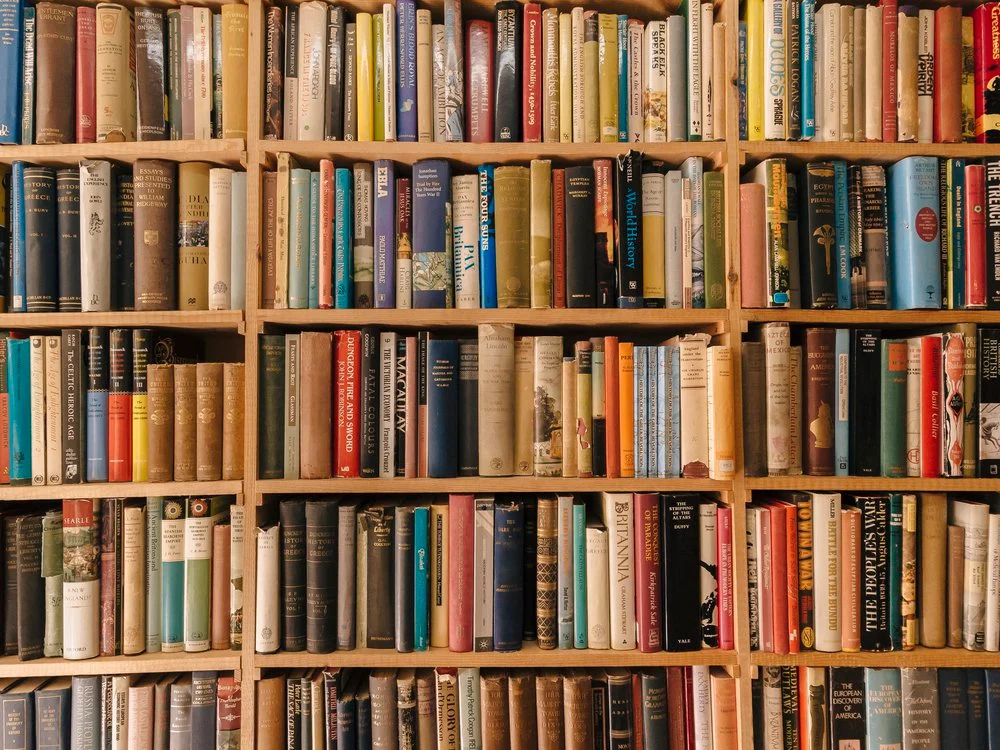In a world dominated by digital media, the allure of rare books continues to captivate collectors, historians, and literary enthusiasts alike. These extraordinary artifacts bridge the gap between past and present, offering glimpses into bygone eras and the minds of influential authors. This article explores the enchanting world of rare books, their historical significance, the art of collecting, popular genres, factors influencing rarity, valuing and pricing, preservation, and more.
What are Rare Books?
Rare books are unique and valuable publications that are scarce in the market. They possess extraordinary qualities, such as historical importance, limited print runs, notable authorship, unique illustrations, or exceptional bindings. Their value extends beyond their textual content, encompassing aspects of art, history, culture, and craftsmanship.
Historical Significance
Rare books serve as time capsules, preserving the ideas, knowledge, and stories of past generations. They offer valuable insights into the development of language, literature, science, and societal norms. Historical texts, such as Gutenberg Bibles or first editions of influential works, hold immense cultural and historical significance.
Collecting Rare Books

Collecting rare books is a passion pursued by bibliophiles seeking to curate literary treasures. To embark on this journey, collectors must possess a keen eye, extensive knowledge, and a genuine appreciation for the written word. Building a rare book collection requires patience, research, and a discerning approach.
Tips for Collectors
- Developing subject expertise
- Networking with fellow collectors and experts
- Visiting book fairs, auctions, and specialized bookstores
- Understanding the condition and rarity factors
- Building a diverse collection with a focus on personal interests
Popular Genres of Rare Books
Rare books span various genres, each offering unique insights into different aspects of human knowledge and creativity.
Literature and Fiction
First editions of classic novels, signed copies, or books with significant literary influence fall into this genre. Works by renowned authors like Shakespeare, Austen, or Hemingway command great interest and value.
Science and Technology
Scientific treatises, groundbreaking discoveries, and early works on technology fall within this genre. Rare scientific books, such as Newton’s “Principia Mathematica” hold immense scientific and historical importance.
History and Biography
Historical accounts, memoirs, and biographies documenting the lives and events that shaped our world belong to this genre. Rare historical texts provide firsthand perspectives on pivotal moments and influential figures.
Factors Affecting Book Rarity
Several factors contribute to the rarity and desirability of a book among collectors.
Age and Editions
Books from earlier centuries hold more appeal due to their scarcity and historical context. First editions, limited editions, or books printed during significant periods are highly sought after.
Scarcity and Demand
The scarcity of a particular book, especially when combined with high demand, significantly impacts its rarity and value. Books with limited print runs, lost or destroyed editions, or those tied to specific events gain elevated status.
Condition and Authenticity
The physical condition of a rare book is crucial. Pristine copies with well-preserved bindings, minimal wear, and absence of annotations command higher prices. Authenticity, including verifying author signatures and provenance, is paramount in the rare book market.
Valuing and Pricing Rare Books
Valuing rare books requires a nuanced understanding of market dynamics and book appraisal methods.
Appraisal Methods
Book appraisals consider factors like edition, condition, scarcity, demand, historical significance, and market trends. Appraisers combine their expertise with thorough research to provide accurate assessments.
Factors Impacting Value
External factors, such as celebrity endorsements, media attention, or cultural relevance, can influence the value of a rare book. Additionally, fluctuations in the market, economic conditions, and collectors’ interests impact pricing.
Preserving and Caring for Rare Books
To ensure the longevity of rare books, collectors must adopt proper preservation and conservation practices.
Rare Book Marketplaces
The rare book market offers platforms where collectors can buy, sell, and connect with other enthusiasts. Online marketplaces, book fairs, auctions, and specialized bookstores facilitate the exchange of rare books and knowledge.
Conclusion
Rare books encapsulate the magic of human creativity and intellectual exploration. They provide a tangible connection to our past and serve as a testament to the enduring power of literature. Collecting and cherishing rare books not only grants us access to exceptional stories but also preserves our cultural heritage for future generations to appreciate.




Leave a Reply